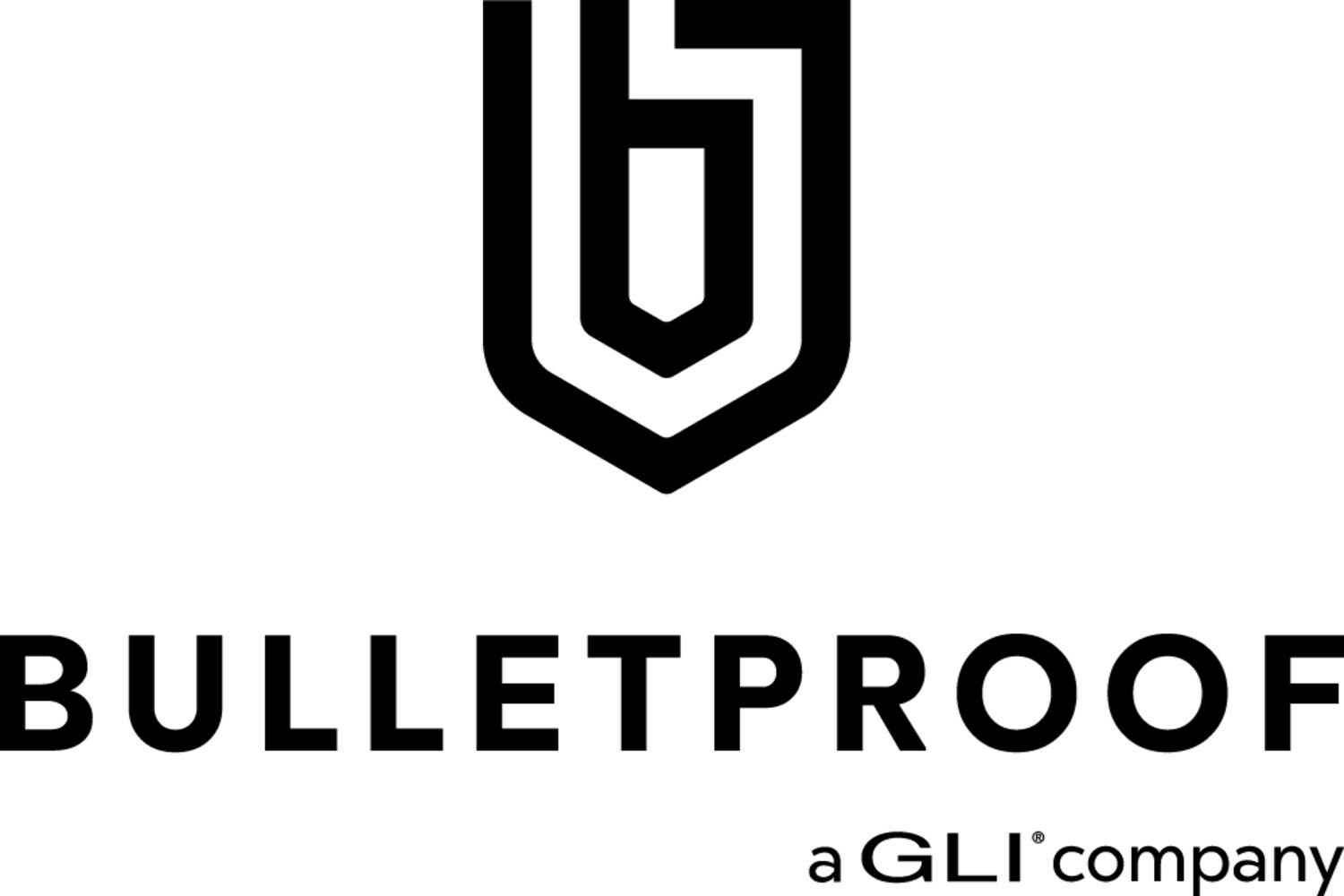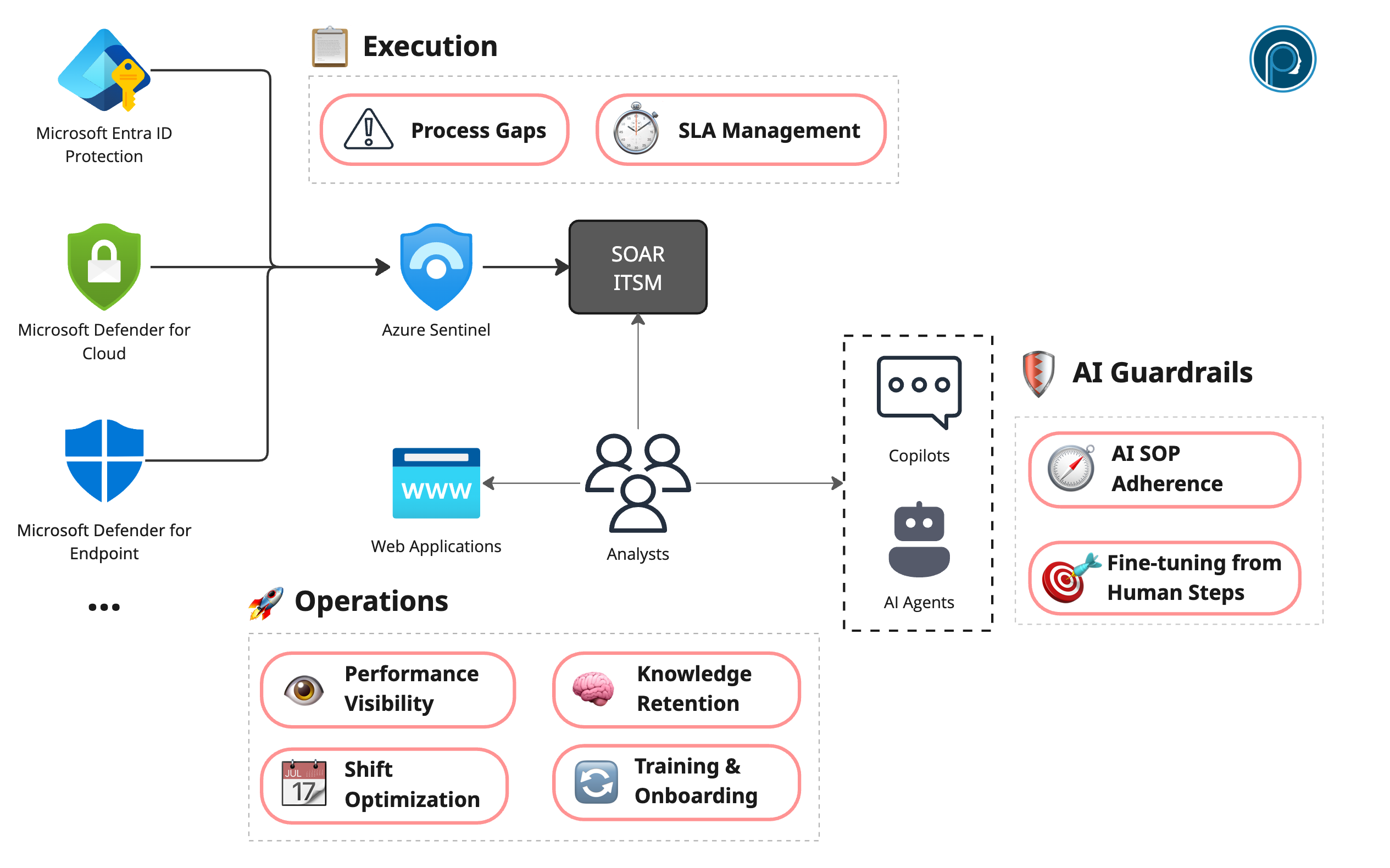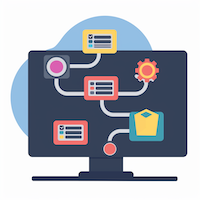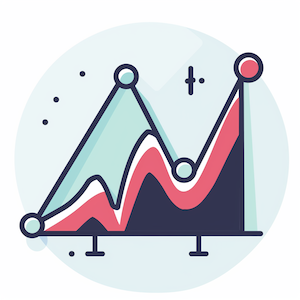Continuous Process Improvement
Automate Process Verification Across Tools, Workflows & AI Agents. Enforce Standards, Gain Real-Time Productivity Insights & Elevate Team Performance.
Deployment Available

Penfield at Microsoft Ignite
Trusted by Leading Financial Institutions, Retail, MSSPs & National Intelligence Agencies
















"Penfield.AI demonstrates the kind offorward-looking application of AI thatis required to give the defendersan edge."
Achieve Superior ResultsWithout Burning Out Your Best People
Penfield helps teams exceed customer expectations, boost retention, and scale performance—without Overwhelming your top talent. Enforce standards, reduce SLA breaches, and drive cross-training.
Process Verification
Coverage.
Sr. SMEs time saved
from Manual Knowledge Base Management.
Accuracy
of AI with Penfield's Interaction data.
Modern Operations in the Age of AI
Today's Security and Ops teams face rising complexity and shrinking margins for error. Here are the recurring challenges we see across high-performing organizations:
📋Execution Gaps
Modern Operations Flow
Automate Process Verification Across Tools, Workflows & AI Agents. Enforce Standards, Gain Real-Time Productivity Insights & Elevate Team Performance.

🚀 Operations Excellence
Drive operational efficiency and team performance
Performance Visibility
Real-time insights into analyst workflows
Shift Optimization
Balance workload and resource allocation
Training & Onboarding
Accelerate team member ramp-up
Knowledge Retention
Preserve and share team expertise
👷Recommended for SOC Managers
⚡ Execution Excellence
Ensure consistent execution across tools and workflows
Process Verification
Automated SOP compliance checks
SLA Management
Proactive breach prevention
Quality Control
Continuous quality monitoring
🎯Recommended for Team Leads
🛡️ AI Guardrails
Ensure AI outcomes align with process standards and human oversight
AI SOP Adherence
Enforce process standards
Copilot Oversight
Track and tune assistive AI
Fine-tuning Contro
Auto-mine expert tool usage patterns
Compliance Monitoring
Evidence-based AI oversight
🧠Table Stakes for AI-Driven Teams
Use Case Gallery
Learn how Penfield is used by companies to drive Operational Excellence.

24/7 Process Verification
Ensure all human and tool-based processes are adhering to your organization's standards. Penfield's AI Agent notifies you immedately when there is a deviation. Get Daily/Weekly reports on your compliance status.

Build Standardized Procedures
Document Standard Operating Procedures (SOPs) for your organization's processes. Penfield's AI Agent will study your Sr. Team members and Industry Best Practices to build and maintain your SOPs.

Cross-Training New Analysts
Continuously train your new analysts with continuous process verification based off your Sr. Team Members best practices. Generate daily and weekly reports to drive continuous improvement.

Productivity Insights
Gain deep insights int your Teams Productivity and Performance Metrics with Real Time Monitoring and Reporting. Penfield's AI Agent will inform you when somthing needs your attention, and work with you to drive operational excellence.

360° Team View
Gian a comprehesive view of your operations, including your team's workload, performance, and compliance status. Assign tasks via drag-and-drop to minimize SLA violations.

Build Checklists from Sr. Analysts
Automatically build detailed checklists from your Sr. Analysts's steps. Simply point Penfield'a AI agent to your Sr. Analysts and the use case name, and Penfield will document the steps and create a checklist. Automate Knowledge Management, and drive process standardization.
Ready to Get Started?
Join the leading companies that trust us with their digital transformation